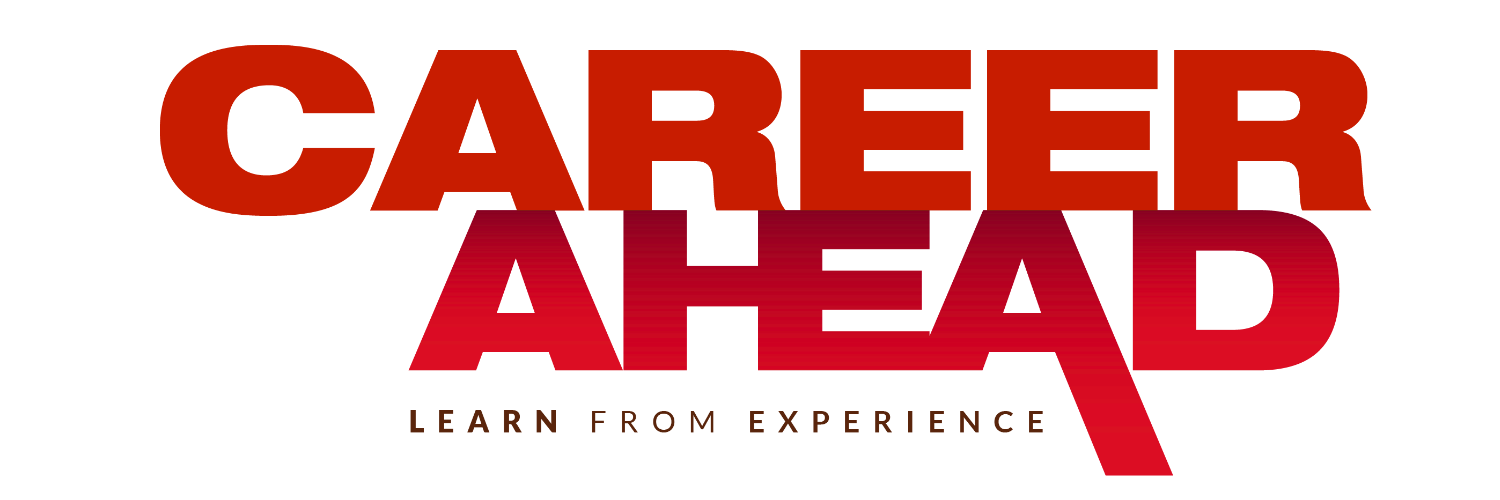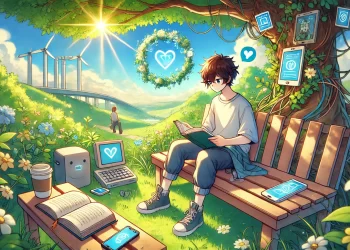No products in the cart.
Why Reading Sustains
“Is reading an activity restricted to those who embark on a career of higher education and teaching? No, not really. While it is true that today’s digital world provides irresistible audio-visual distractions, there continues to be an explosion in publishing”
Teaching at the university for over three and a half decades, I can no longer remember a single day bereft of reading. As a graduate, I speculated about the unknown future but elected to do an MA in English Literature; to which my love for reading brought its own epiphanies and closure. At the end of five years of a specialized course in literature, I was very clear that I did not want to study law or attempt the civil services. As a career choice, I opted to teach awhile because teaching allowed me to earn a little money; but, more importantly, it let me continue with the habit of accessing university libraries, which are extraordinary spaces in a poor country like ours. I could browse and read abundantly in college libraries as a student and subsequently as a teacher. I also haunted second hand book stores and pavement stalls in different parts of Delhi, on different days of the week. My access to a varied number of books allowed me to chase ideas and concepts and read endless books of fiction, biography, poetry, non-fiction, learned essays and theories every day of the week.
I cannot say that I started off as an extraordinary teacher from my first day at the job since that did not happen. Initially, I was frozen with terror at the thought of speaking for over forty minutes. I wrote out lectures copiously and practiced them in front of mirrors for weeks before my fear could thaw out and I could lecture to a class full of young people. In the initial teaching year, it was a huge effort to stay one step ahead of my class. While I was stimulated and excited by the ideas and concepts that found their way in discussions, I remained apprehensive about not having read enough to further my arguments. I planned to continue to read and teach and learn along the way, till something more exciting turned up and presented itself as the true vocation.
I discovered innumerable books that had been written which I had never heard of and the possibility that I might never finish reading most of them began to slowly dawn upon me. Despite a reasonable reading habit from early years at school and diligent supplementary readings thereafter, I realized that one lifetime is seldom enough to read all the books that exist in any language; and as more people accessed writing and publishing, the numbers of books outside prescribed syllabi grew in geometrical proportions on an everyday basis. I discovered eventually that reading was the only consistent skill set I had at my disposal. Therefore, my vocation was after all about absorbing, analyzing and discussing the books that I read and their contexts.
Is reading an activity restricted to those who embark on a career of higher education and teaching? No, not really. While it is true that today’s digital world provides irresistible audio-visual distractions, there continues to be an explosion in publishing. The printed book continues to have its day, despite its e-competitors, although free access to books and libraries remains a hurdle.
“Turning to the printed page, leafing through literature, poetry, and written narratives; people have been looking for answers, for understanding, for connections, and perhaps for solace and reassurance that they no longer find in the monotonous, fear-filled, socially distanced and sanitized worlds that they inhabit”

It is first and foremost a privilege to be able to read. Languages and scripts are the most valuable tools that human civilizations have devised. Humans use language all the time, for a whole number of different activities. Language is needed to identify and classify and name things in the world for us to function at the most basic level. Languages have evolved around a huge range of references. Languages inform, disseminate, instruct and entertain; and at the optimum levels give us both literature and poetry, written in innumerable languages all over the world. Literature and poetry, vehicles of the human imagination also contain in portable form: stories, myths, chronicles, dramas and histories that have been handed down in different cultures for a very long time. The written word holds clues and secrets about the human past that are readily unlocked for every curious reader, keen to learn. Yet, despite the generous nature of the book, to take down a real book from a shelf and read it at an unhurried pace has become one of the less-chosen options for twenty-first century neophytes.
At the peak of this technological age, when the world and its aunt were cruising along on mono-lingual global expressways, Covid-19 struck, and brought the entire world to a halt. A humungous pandemic, unpredictable and uncontrollable, continues to keep the world as we knew it in abeyance. It has been a continuous dark night and devoid of all manner of quick fixes; with the result that everyone who can read has gone back to doing so. Turning to the printed page, leafing through literature, poetry, and written narratives; people have been looking for answers, for understanding, for connections, and perhaps for solace and reassurance that they no longer find in the monotonous, fear-filled, socially distanced and sanitized worlds that they inhabit.
A few decades ago, in the last quarter of the previous century, most of us gleaned valuable inputs about the world we lived in and its varied cultures through the books we read. Without really planning any of it, we have been returned to the same space. It is time for us to listen and learn all over again, if we are to make sense of our lives and make our world humane again. What better way to do this than by listening quietly to the voices that confide in us in many languages, speaking of their deepest feelings and fears and sharing their secret hopes and dreams; voices of older human ancestors who lived through difficult times and wisely wrote them down, providing us with innumerable word repositories. It is this treasure trove – guarded by sentinels from an older time, providing glimpses into ancient history, wars, pandemics and mass destruction – that allows us to hope that there will be light at the end of the tunnel.
The article was originally published in Career Ahead January 2021 issue.











